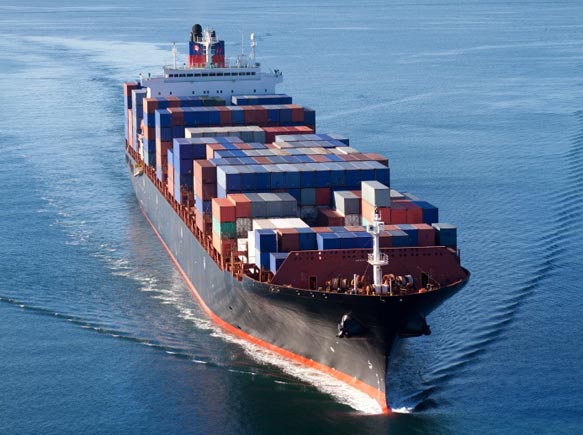The US Federal Maritime Commission (FMC) fact-finding report into container liner shipping during the COVID-19 pandemic has concluded that despite customer perceptions of collusion and lack of competition as freight rates soared, neither was actually the case.
The US overseer of matters related to liner shipping, released the report titled “Effects of the COVID-19 Pandemic on the U.S. International Ocean Supply Chain: Stakeholder Engagement and Possible Violations of 46 U.S.C. &41102-c” on Thursday.
Shortly after the COVID-19 pandemic reached crisis proportions in the United States in 2020, the FMC was tasked with identifying solutions to supply chain problems. The agency created a task force to formulate proposals to investigate problems in the ocean carrier marketplace. With a barrage of complaints coming from cargo owners, the main items were the high costs of moving boxes, partly attributed to the blanked sailings of Summer 2020, as well as issues surrounding demurrage and detention practices – with terminals overflowing with containers unable to move being a very visible symptom.
“Using established antitrust analytical tools also used by our sister competition agencies, the Department of Justice and the Federal Trade Commission, and not withstanding certain misconceptions, the current market for ocean liner services in the Trans-Pacific trade is not concentrated, and the Trans-Atlantic trade is minimally concentrated. Competition among ocean common carriers, among the three major alliances and among the members in each of the alliances is vigorous,” the report overseen by FMC Commissioner Rebecca Dye said.
The report recognised that high prices for moving containers are the results of market dynamics, and not collusion.
“The Fact Finding Officer concludes that although certain ocean transportation prices, especially spot prices, are disturbingly high by historical measures, those prices are exacerbated by the pandemic, an unexpected and unprecedented surge in consumer spending, particularly in the United States, and supply chain congestion, and are the product of the market forces of supply and demand,” it stated.
“The Fact Finding Officer further believes that the most productive path forward for shippers and ocean carriers alike would be to enter into mutually enforceable and binding service contracts — true ‘meeting of the minds’— that are enforceable commercial documents.
“Without enforceable contracts, shippers are unable to protect themselves from volatile shipping rates and ocean carriers have few forecasting tools to provide the shipping capacity necessary to serve their customers,” the FMC report said.
The repot comes two months after the US Senate passed its Ocean Shipping Reform Act of 2022. If the legislation moves successfully through the House of Representatives — as many observers expect that it will do, and is signed into law by President Biden, FMC’s regulatory clout, including its ability to initiate investigations, would be greatly increased.
Copyright Ships & Ports Ltd. Permission to use quotations from this article is granted subject to appropriate credit given to www.shipsandports.com.ng as the source.
